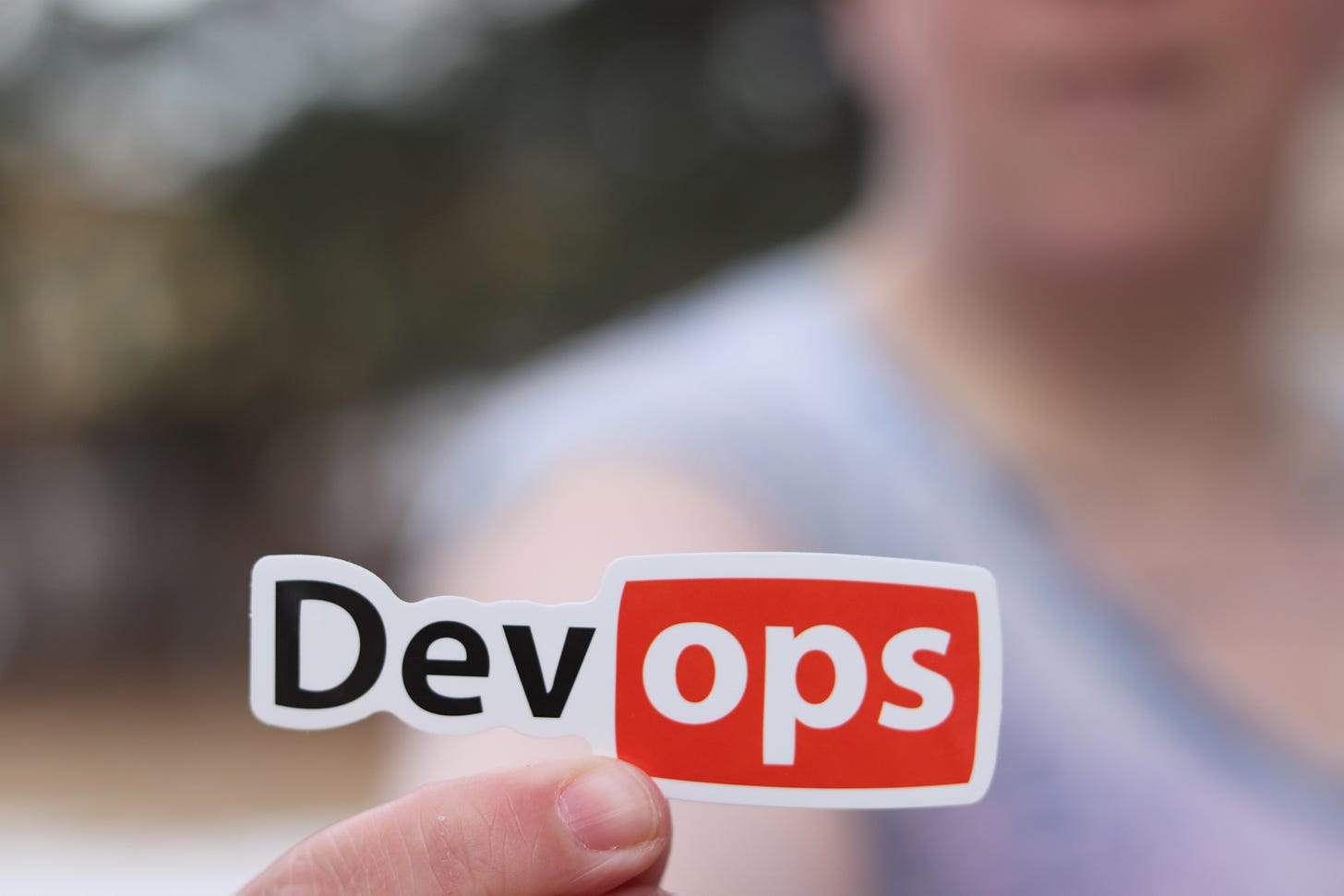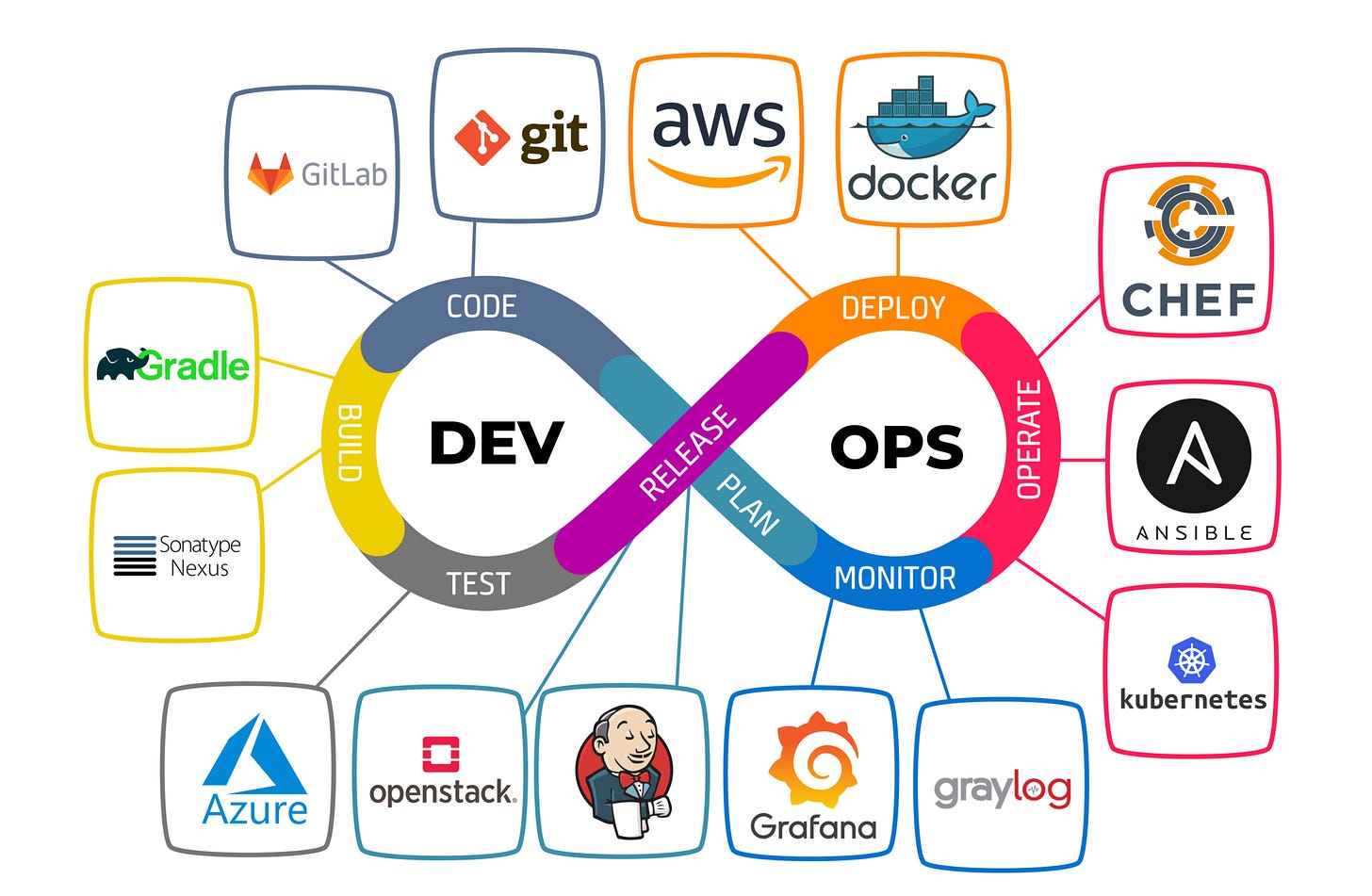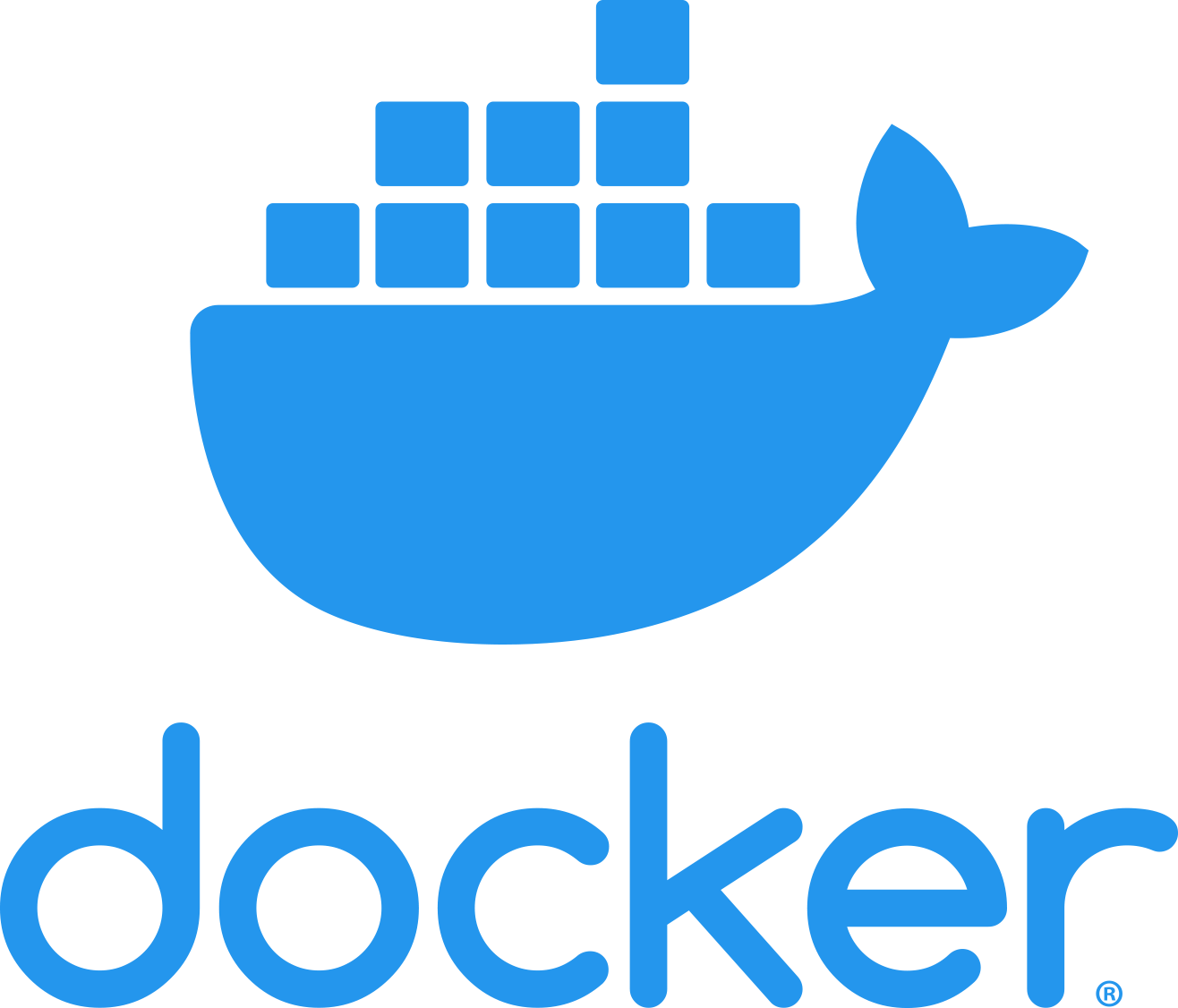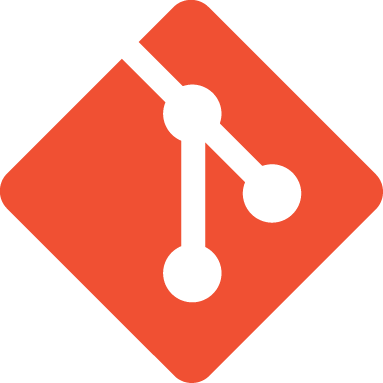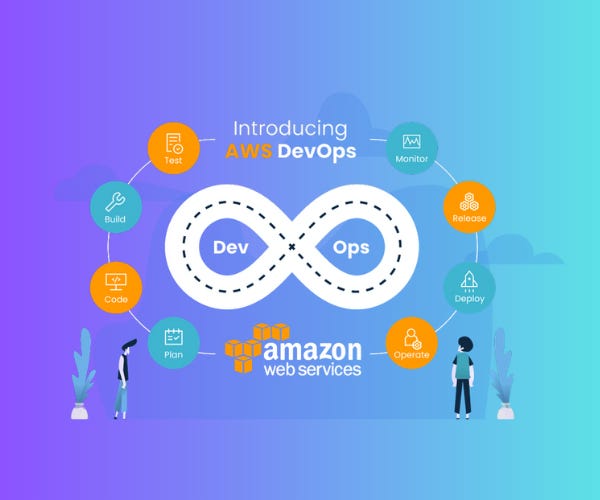Top 11 DevOps tools you should know in 2023
DevOps is a methodology that unites software development and IT operations, aiming to streamline development processes and expedite time to market.
What is DevOps?
DevOps, short for Development and Operations, is an approach or philosophy that brings together two important aspects of software development: the development of software applications and the operations required to deploy and maintain those applications. It emphasizes collaboration, communication, and automation between development teams (who create and update the software) and operations teams (who handle the deployment, monitoring, and maintenance of the software).
DevOps is not just about technology; it involves a mindset shift and a set of practices. The main goal of DevOps is to improve the efficiency and quality of software delivery. By fostering collaboration, DevOps helps in creating a smoother and faster development process, with fewer errors and quicker deployment of new features or updates. It also focuses on automating repetitive tasks, allowing teams to save time and focus on more valuable work.
DevOps tools are essential for implementing DevOps practices and automating software development processes. This blog post explores the top 10 DevOps tools you should know in 2023.
Jenkins
Jenkins is an open-source automation server to build, test, and deploy software. It provides an extensive selection of plugins that enable automation across almost every aspect of the software development process. Jenkins is widely used in the industry and is an essential DevOps tool.
Visit - Jenkins User Documentation
Ansible
Ansible, an open-source configuration management tool, revolutionizes application and infrastructure deployment through automation. With its simplicity and versatility, you can effortlessly manage configuration files, deploy applications, and oversee servers using intuitive YAML files.
Visit - Ansible Documentation
Docker
Docker, a cutting-edge containerization platform, enables packaging applications and their dependencies into portable containers. These containers offer a lightweight and versatile environment that can be seamlessly deployed across various platforms, making Docker an indispensable tool in DevOps.
Visit - Docker Docs
Kubernetes
Kubernetes, an open-source container orchestration platform, streamlines containerized applications' deployment, scaling, and management. With its ability to create a scalable and resilient infrastructure, Kubernetes facilitates the seamless deployment of applications in both on-premise and cloud environments.
Visit -Kubernetes Documentation
Git
Git, an open-source version control system, empowers efficient code change management. With its distributed and collaborative workflow, Git simplifies the coordination of code changes among multiple developers and teams.
Visit - Git Documentation
Chef
Chef, an open-source configuration management tool, automates the deployment of infrastructure and applications. With its user-friendly and robust language for defining infrastructure as code, Chef simplifies the management of complex infrastructures, offering enhanced control and efficiency.
Visit - Chef Documentation
Puppet
Puppet, an open-source configuration management tool, automates the deployment and management of infrastructure. Leveraging a declarative language for defining infrastructure as code, Puppet simplifies the management of complex infrastructures, facilitating streamlined operations and scalability.
Visit - Puppet Documentation
Grafana
Grafana, an open-source data visualization tool, empowers the monitoring and analysis of data from diverse sources. With its robust dashboard capabilities, Grafana facilitates real-time visualization, rendering it a vital tool for DevOps practitioners seeking actionable insights.
Visit - Grafana Documentation
Prometheus
Prometheus, an open-source monitoring and alerting tool, ensures vigilant system performance monitoring and alerts. Equipped with a powerful query language, Prometheus facilitates in-depth analysis and timely notifications of system metrics, cementing its position as a vital DevOps tool.
Visit - Prometheus Documentation
Splunk
Splunk is a log management and analysis tool used to monitor and analyze system logs. It provides a powerful search and analysis engine that can be used to troubleshoot issues and identify patterns in system logs, making it an essential DevOps tool.
Visit - Splunk Documentation
Learn one cloud platform, preferably AWS
When it comes to gaining expertise in cloud computing for DevOps, you have several options based on the needs of your employer. However, if you are learning for personal development, I highly recommend focusing on Amazon Web Services (AWS).
If you need assistance in learning and are open to accepting my mentorship, please visit us and submit your application.
Want to learn more about AWS DevOps watch this AWS official video.
DevOps tools are essential for implementing DevOps practices and automating software development processes. The top 10 DevOps tools listed in this blog post are widely used in the industry and are crucial for DevOps practitioners. Whether you're new to DevOps or have extensive experience, these tools are worth knowing in 2023 and beyond.



